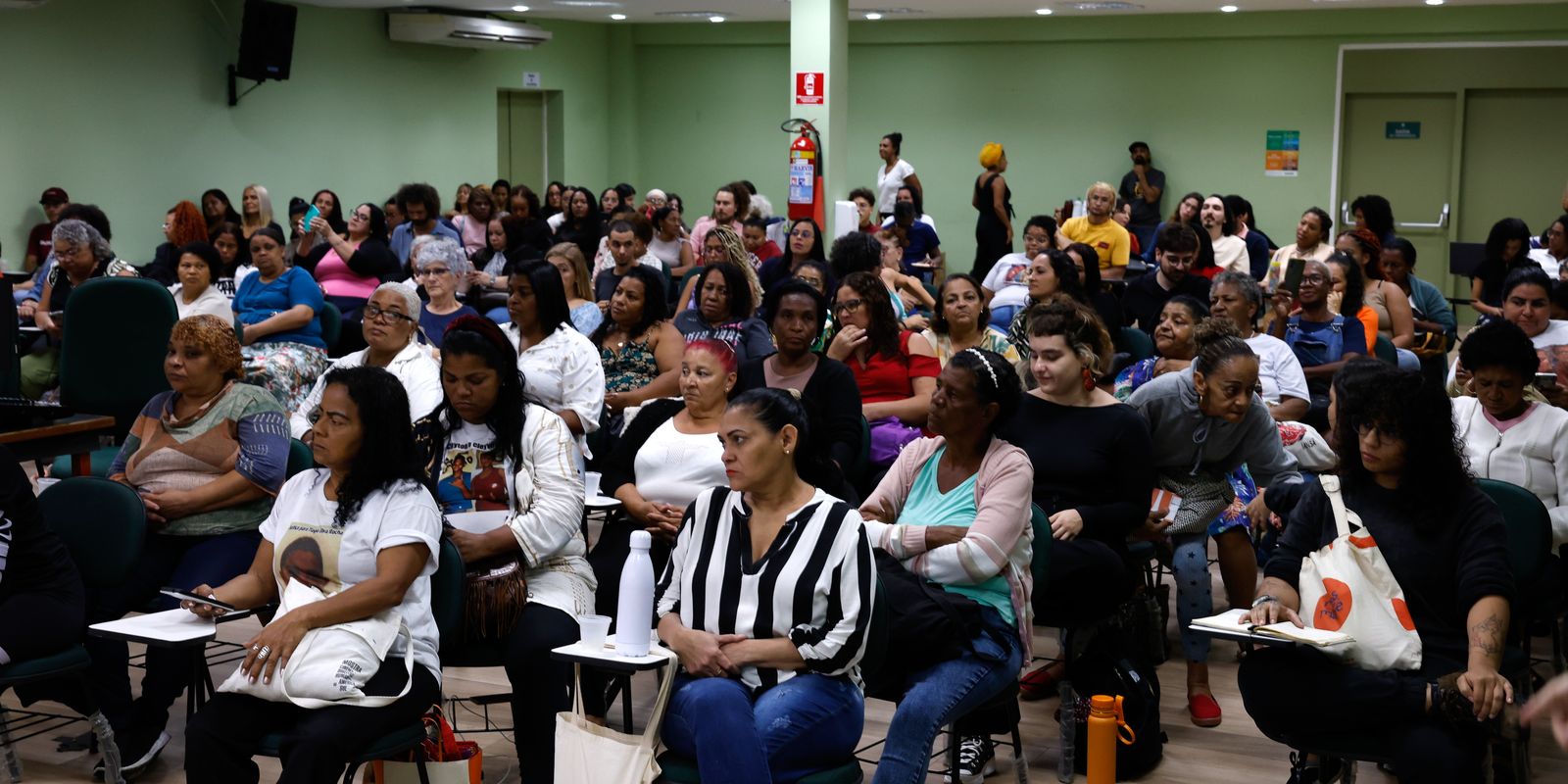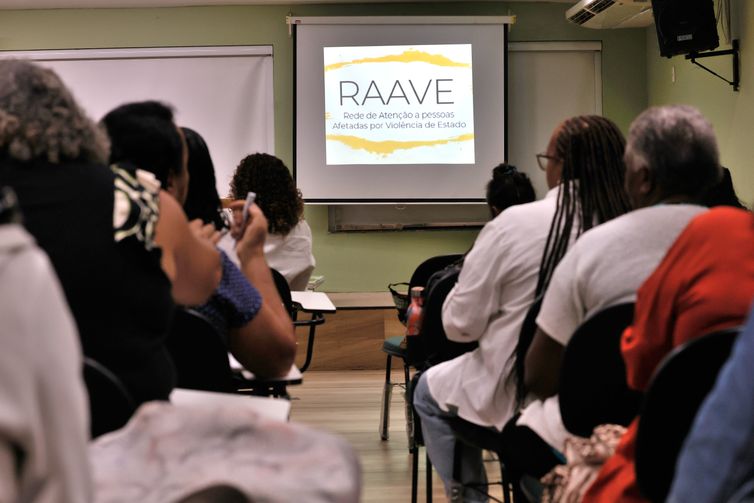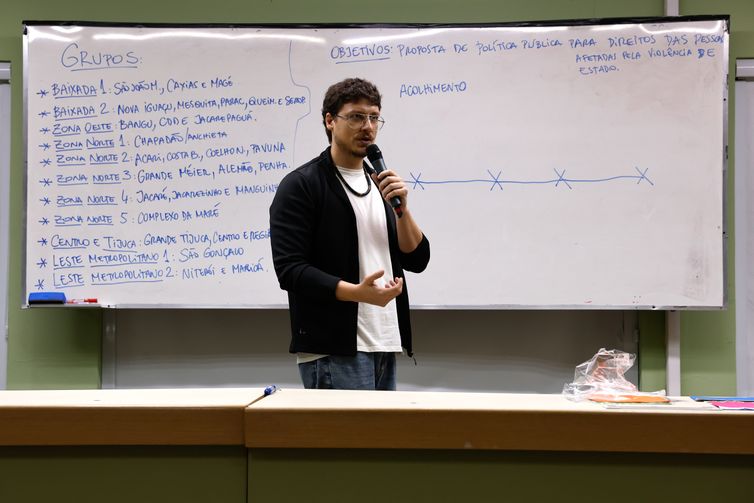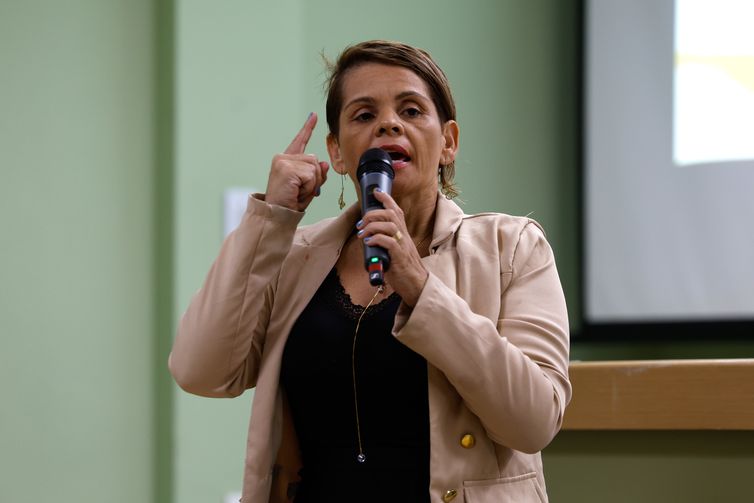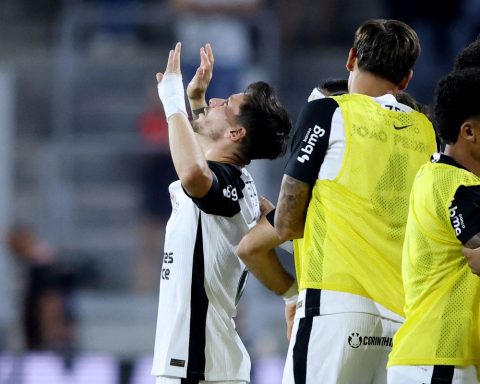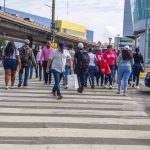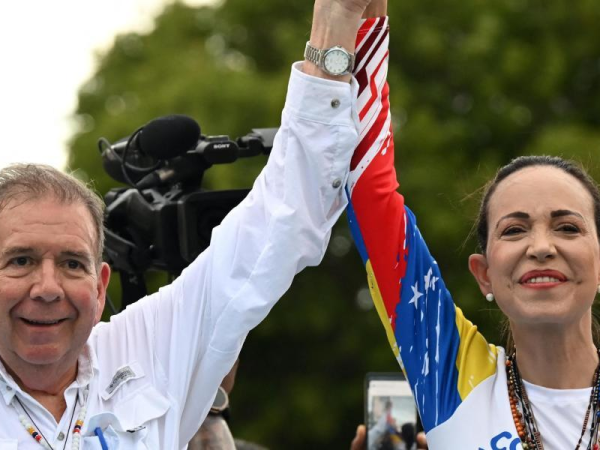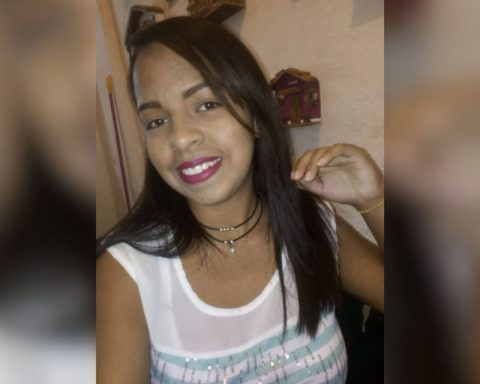A group of 100 mothers who lost their children in police operations met this Friday (6) in the first meeting of a project organized by the Network for the Care of People Affected by State Violence (Raave) and the Federal University of Rio de Janeiro (UFRJ).
Over the course of a year, they will receive a monthly stipend and will engage in a series of discussions and research. One of the goals is to reach the end of the project with a public policy proposal involving the rights of those affected by state violence. The initiative also has the support of the Ministry of Justice and Public Security.
The project was conceived based on activities developed by Raave, which is made up of human rights institutions, movements of mothers and relatives of victims, and clinical groups providing psychosocial care. In partnership with the Psychology Institute of UFRJ, some of these mothers were already receiving support and support at the university.
In June, the selection process for the distribution of 100 scholarships was held. UFRJ will make the payments over 12 months. In return, the mothers will need to commit to Raave’s guidelines and attend meetings regularly. However, since many of them live in areas with criminal organizations and frequent police operations, the guidance is that no one exposes themselves to a dangerous situation. “If there is a police operation taking place, let us know so we are aware. No one should put their life at risk,” emphasized lawyer Guilherme Pimentel, who is part of Raave’s technical coordination team.
The first meeting took place in the auditorium of the Rio de Janeiro Public Defender’s Office (DPRJ), one of the institutions that make up Raave. The entire team that will support the project was introduced. Students, researchers and professors from different institutions such as UFRJ, Fluminense Federal University (UFF) and Rio de Janeiro State University (UERJ) are involved. The mothers were divided into 11 groups according to where they live. The work of each group will be supervised by two students.
“No right falls from the sky. All rights in this country came about when people came together as a collective, fought for and won that right. And that’s why you’re here. If we need a public policy to recognize rights, we need the people to be organized,” said Guilherme Pimentel.
According to data released in a statement by Raave, 162 applications were received in the open selection process for the distribution of 100 scholarships. More than 80% were residents of favelas who earned less than a minimum wage. Many of them are engaged in the fight for their rights and against neglect by the government.
“In addition to the pain of the violent loss of their children, they suffer from precarious living conditions. This, however, is not enough to stop them from organizing collectively not only to seek justice for their children, but also to win public policies for their families and defend the social rights of the population in general,” states the text released by Raave.
Profile
Among those registered, 94% had other children besides the one who was murdered and only 9% had some kind of employment relationship. More than half reported being unemployed, being housewives or self-employed. Regarding their source of income, the majority mentioned being beneficiaries of social programs, such as Bolsa Família.
Raave draws attention to the fact that the murdered child is often a person who helps out financially at home, and thus the episode generates not only the pain of loss, but also the impoverishment of the family. At the same time, the lack of a psychosocial public policy aimed at these mothers ends up creating a context of illness, consequently leaving them further away from the job market.
“It’s a snowball effect that produces a series of other problems, with dire consequences for them and their other children,” says Dejany Ferreira, who also works as technical coordinator at Raave. The high level of engagement in the fight for rights is seen as a mechanism for producing health. For Raave, by organizing themselves, these women create an environment of mutual psychosocial support.
One of the scholarship recipients is Andressa Laranjeiras. She is the mother of Matheus Laranjeiras, a young man who was killed during a police operation in October 2021 in the Risca Faca Community, in Maricá (RJ). Witnesses said at the time that the victim, who was not involved in the crime, was hit in the head during an exchange of gunfire between the officers and drug traffickers.
Andressa is still fighting for justice for her son’s death and has even put together a dossier that she submitted to the Rio de Janeiro Public Prosecutor’s Office (MPRJ). “I never imagined I would experience this in the community where I grew up, got married and had my children. When a child dies, the whole family dies. I died with my son. I only exist to see justice done,” she said. She highlighted the importance of collective mobilization. “I am very grateful to Raave. Thanks to her, my fight is no longer alone and lonely. Because the family itself is afraid and often encourages you to give up. But I will not give up.”
Objectives
The project aims to present to the Ministry of Justice and Public Security a proposal for a public policy that would guarantee the rights of those affected by state violence. To this end, after the basic cycle involving the mothers receiving the scholarship over the course of a year, the proposal developed in Rio de Janeiro will be presented to family members of victims of police violence in other states in the country. In this way, new contributions should be added with the aim of giving the public policy a national character.
This, however, is not the only objective of the project. Guilherme Pimentel explains that the initiative also aims to welcome new families who have been victims of state violence. This will also be a mission of the scholarship mothers. “Here you are researchers and our entire organization will be built through the collective. We have to make a commitment: no one is left behind,” added Pimentel.
The project will also provide the production of knowledge aimed at strengthening the fight for rights. The socioeconomic data from the scholarship recipients’ applications will contribute to the development of research on the subject. In addition, during the meetings and in the process of welcoming new families, the mothers will work to identify the difficulties that prevent full access to rights.
All project activities were planned to promote an alliance between academic knowledge and popular knowledge. Even though more than half of the participants never completed more than elementary school, there is a commitment to their ability to use their experiences, skills and competencies to formulate proposals.
“For us, the production of any public policy that aims to be efficient needs to have the centrality of those who live the reality. We cannot produce anything about people’s lives without the people themselves. That is why these mothers will be researchers and will co-author this public policy proposal,” explains Mariana Mollica, professor at the UFRJ Psychology Institute and coordinator of the scholarship program.
